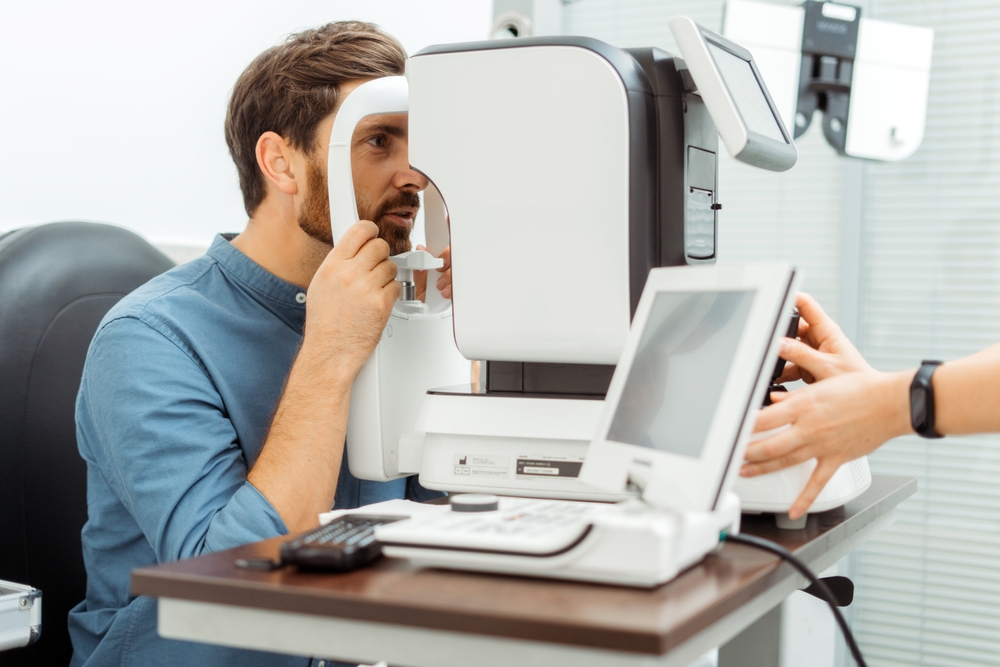The Importance of Cataract Screening and Early Detection

Cataracts are one of the leading causes of vision impairment, particularly as we age. They occur when the natural lens of the eye becomes cloudy, often resulting in blurred vision, sensitivity to light, and difficulty seeing at night. Although cataracts are a common part of the aging process, they don’t have to rob you of your clear vision. Early detection through routine cataract screening plays a critical role in maintaining your eye health and preventing long-term vision loss.
What Are Cataracts?
Cataracts develop when proteins in the lens of your eye break down and clump together, forming cloudy areas. This process can be gradual, meaning many people may not notice significant vision changes until the cataracts have progressed. While aging is the most common cause, other factors such as diabetes, smoking, prolonged exposure to sunlight, and a family history of cataracts can increase your risk.
Why Is Early Detection Important?
Cataracts are highly treatable, especially when diagnosed early. Regular eye exams allow your eye doctor to identify early signs of cataract formation before they start to significantly affect your vision. Early detection not only ensures that appropriate measures are taken but also provides time to discuss treatment options and plan for necessary lifestyle adjustments.
When left untreated, cataracts can lead to significant vision loss, impacting your ability to perform daily tasks like reading, driving, or recognizing faces. In severe cases, untreated cataracts can even lead to blindness.
What Happens During a Cataract Screening?
A cataract screening is a straightforward process that is typically part of a comprehensive eye exam. At Auglaize Family Eye Care, we use advanced diagnostic tools to evaluate the health of your eyes. During the screening, we will:
• Assess your visual acuity to determine if your vision has changed.
• Perform a slit-lamp exam to examine the lens and other structures of your eye.
• Use dilation drops to get a closer look at the lens for signs of cloudiness or other abnormalities.
By catching cataracts early, we can monitor their progression and recommend the best course of action for preserving your vision.
Preventing and Managing Cataracts
While some risk factors for cataracts, such as age and genetics, cannot be avoided, there are steps you can take to reduce your overall risk:
• Wear sunglasses with UV protection to shield your eyes from harmful rays.
• Eat a diet rich in antioxidants, like fruits and vegetables, to support overall eye health.
• Avoid smoking and limit alcohol consumption.
• Schedule regular eye exams to stay ahead of any potential issues.
If cataracts progress to the point where they affect your quality of life, cataract surgery is a safe and effective treatment option. This outpatient procedure involves replacing the cloudy lens with a clear artificial one, restoring your vision and allowing you to get back to the activities you love.
Schedule Your Cataract Screening Today
At Auglaize Family Eye Care, your vision is our top priority. Whether you’re experiencing symptoms of cataracts or it’s time for your annual eye exam, we’re here to help you maintain clear, healthy vision. Don’t wait for cataracts to impact your life—take the first step towards early detection and prevention today.
Contact Auglaize Family Eye Carey to schedule your comprehensive eye exam and learn more about how we can protect your vision from cataracts. Visit our office in Wapakoneta, Ohio, or call (419) 775-4300 to book an appointment today.








